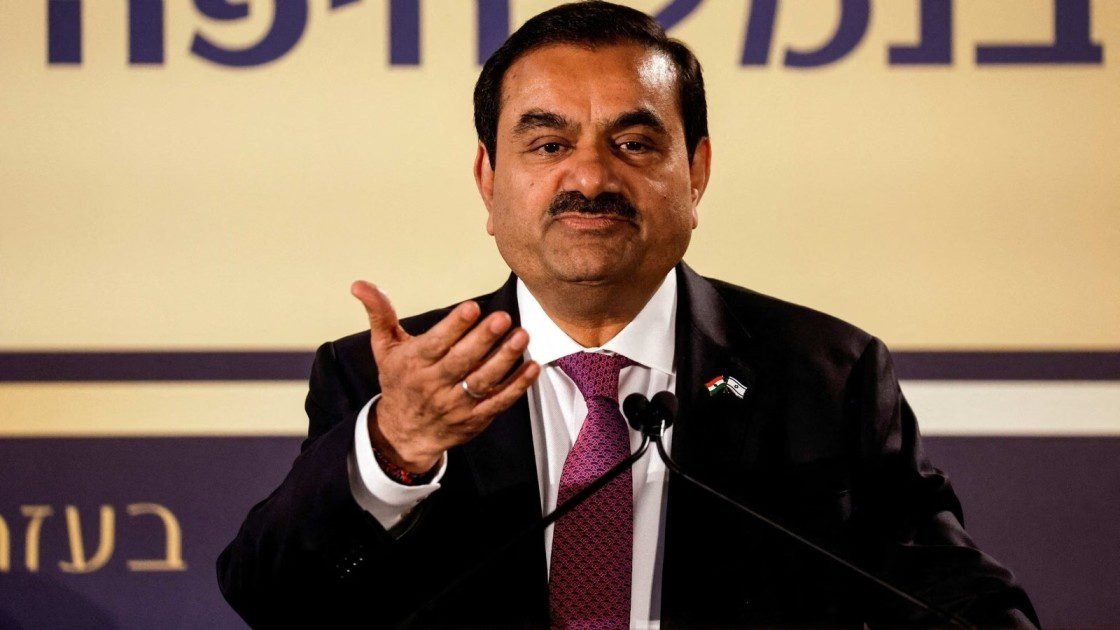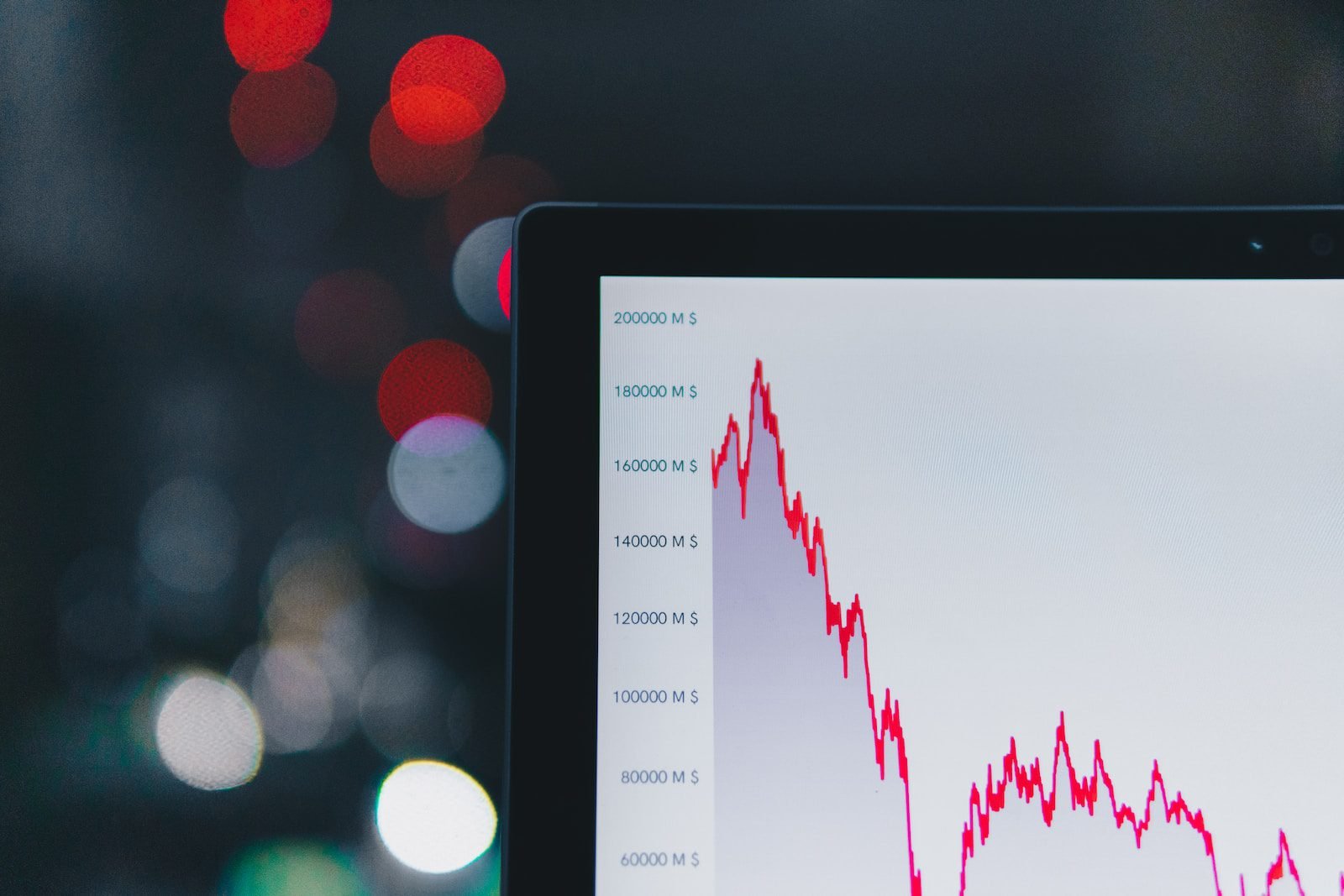November 8, 2023
New Delhi, India
US Invest $553 Million to Adani’s Sri Lanka Port
The United States is set to offer $553 million in funding for a port terminal in Sri Lanka’s capital, a project led by Indian billionaire Gautam Adani. This comes as both New Delhi and Washington aim to reduce China’s influence in South Asia.
Geopolitical Moves: US vs China
The investment underscores the intensifying competition between the US and China in the Indo-Pacific region. It aims to curtail China’s influence in Sri Lanka after the country faced economic challenges due to indebtedness resulting from prior Chinese projects.
Sri Lanka’s Economic Pivot
The US investment is anticipated to boost Sri Lanka’s economic growth and enhance its integration with India, a crucial regional partner. It comes in response to concerns about Chinese “debt-trap diplomacy” and the sustainability of their projects, particularly the Hambantota port.
DFC’s Strategic Investment
The involvement of the International Development Finance Corp. (DFC) signifies a concerted effort to advance US foreign policy objectives while aiding developing nations. The investment in the Colombo port aligns with the agency’s mission and is one of its most significant infrastructure investments in Asia.
Adani Group’s Controversy
Despite the Adani Group‘s controversy and fraud allegations, the US funding is seen as an endorsement of the project. The conglomerate’s involvement, albeit contentious, remains a major stakeholder in the port project.
Also check: Adani Enterprises’ Q2 Results
Impact and Future Prospects
The investment is crucial as the Colombo port operates at high capacity and needs further expansion to accommodate the substantial shipping traffic passing through the Indian Ocean. The initiative signifies a broader strategy by the US to compete with China’s Belt and Road Initiative and strengthen regional alliances in the Indo-Pacific.
Conclusion
The US investment in the Sri Lankan port serves as a critical step in countering China’s influence in the region. It is a call to action for increased strategic involvement, emphasizing the need to balance economic interests with geopolitical strategies.




